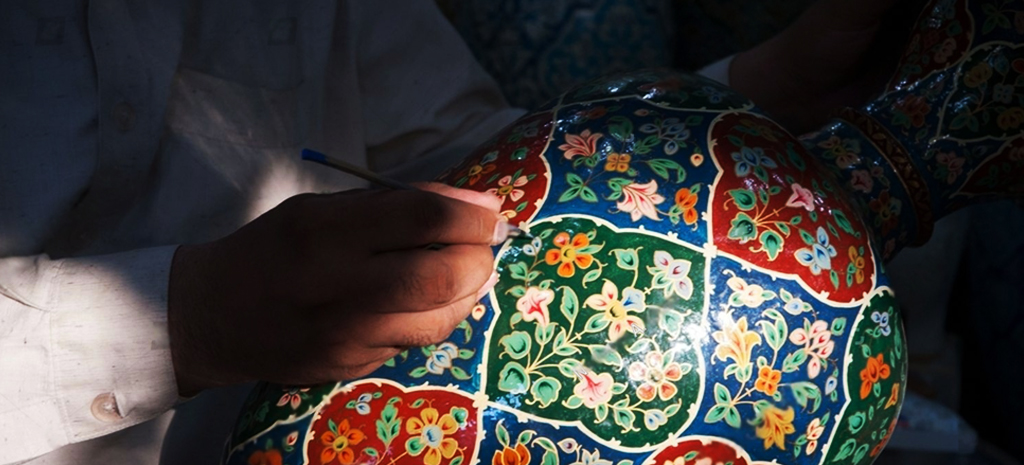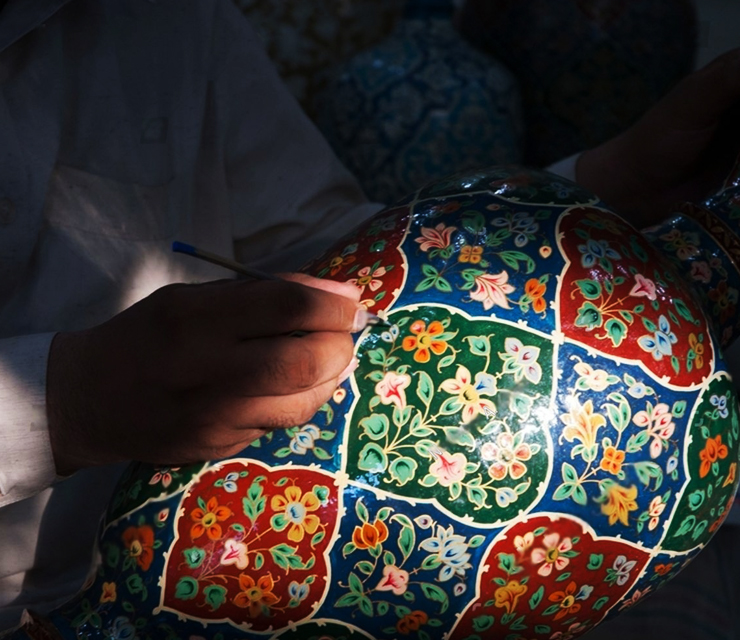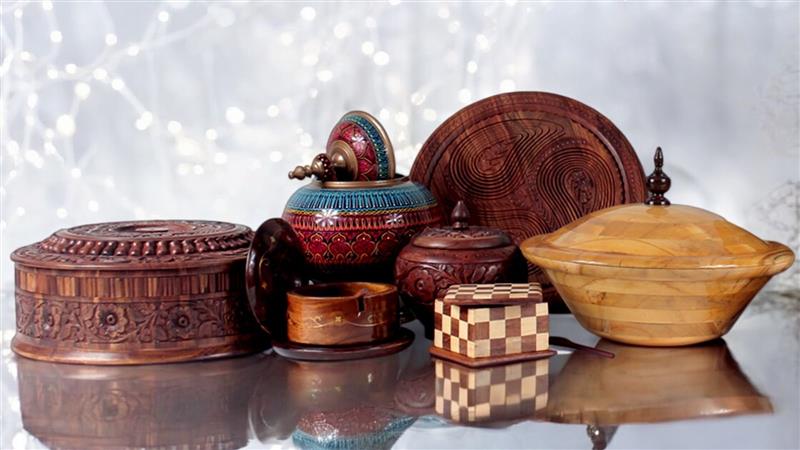Blog Details
- February 3, 2025
Craft vs. Commercial: What Makes a Handcrafted Piece Truly Valuable?

In a world flooded with mass-produced goods, handcrafted items stand out not just for their aesthetic appeal but for the care, skill, and tradition embedded in their creation. The value of a handcrafted piece is much deeper than its price tag – it’s the result of time, talent, and cultural legacy that goes into each creation.


The Time and Talent Behind Handcrafted Goods
Handmade products are labor-intensive, requiring artisans to dedicate hours, days, or even weeks to perfecting a single item. Unlike commercial products, which are designed for quick production and uniformity, handcrafted items are born from an artisan’s expertise, passion, and personal touch. The value lies in the precision of technique and the quality of craftsmanship, which cannot be replicated by machines.
Cultural Significance: More Than Just an Object
Beyond the physical materials, handcrafted items often carry deep cultural significance. These objects reflect the history, stories, and traditions of the communities from which they originate. Buying a handcrafted item means more than simply purchasing a product; it’s a way of preserving cultural heritage, supporting artisan livelihoods, and embracing unique, time-honored practices.
Sustainability: The Ethical Value of Handcrafted Goods
In contrast to mass-produced, often ethically questionable items, handmade products are frequently made using sustainable methods and materials. Artisans tend to prioritize local, eco-friendly materials and traditional methods that have minimal environmental impact. By purchasing handcrafted goods, consumers are supporting ethical practices that prioritize both people and the planet.


